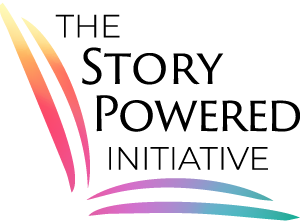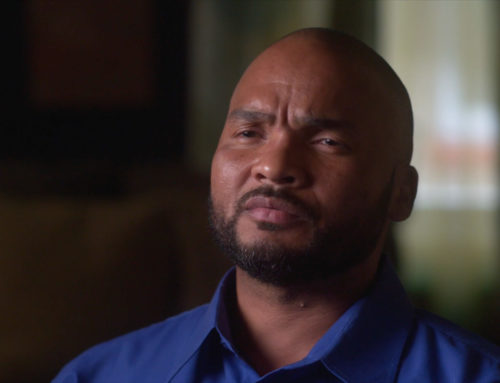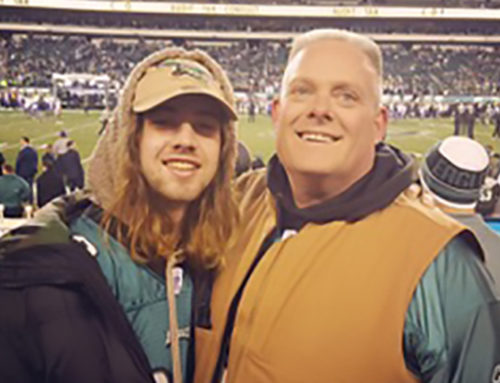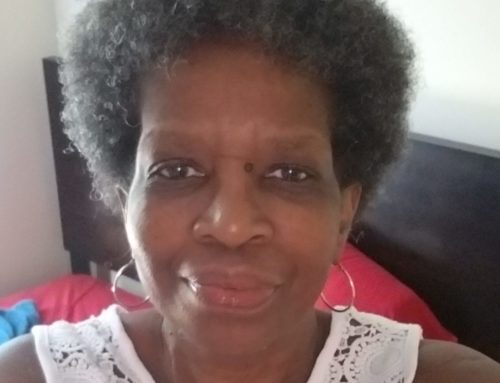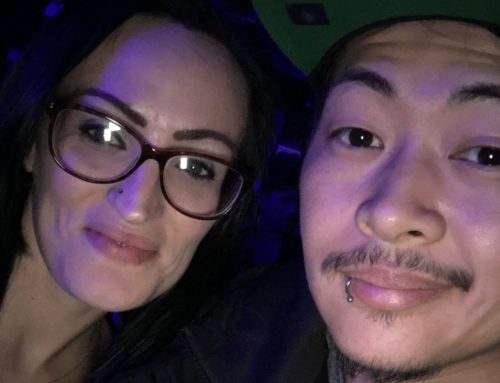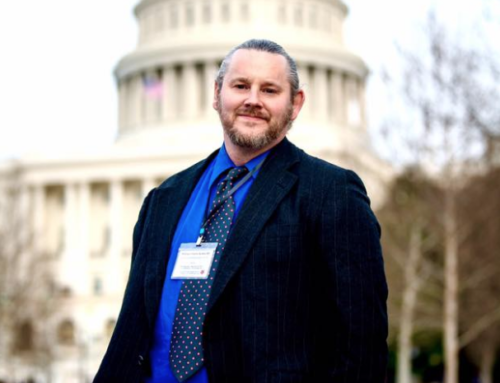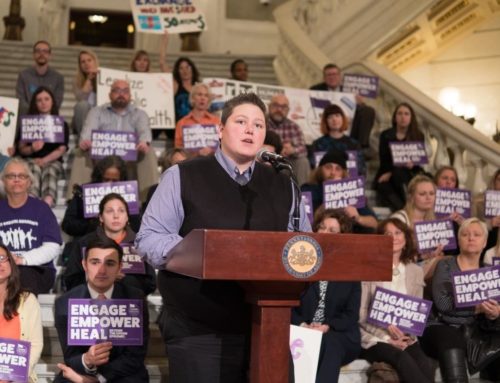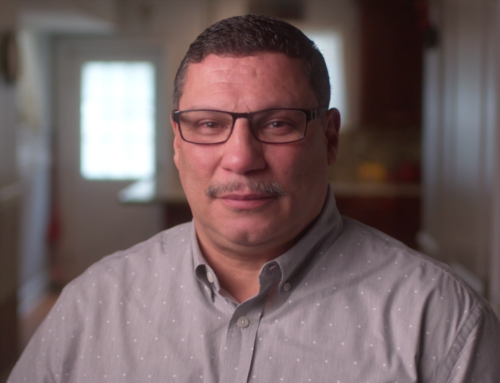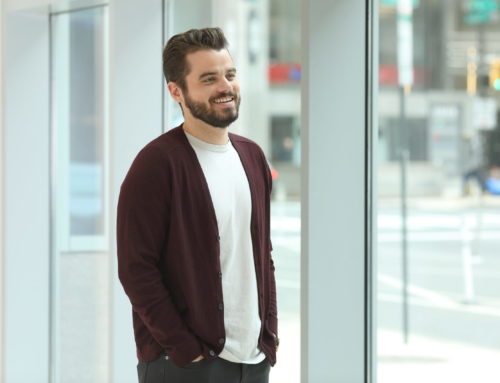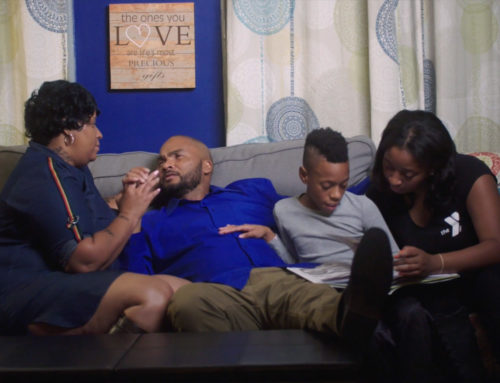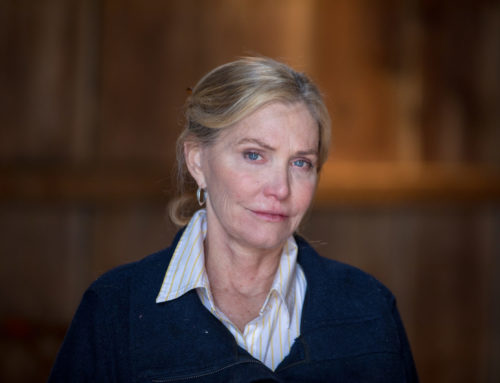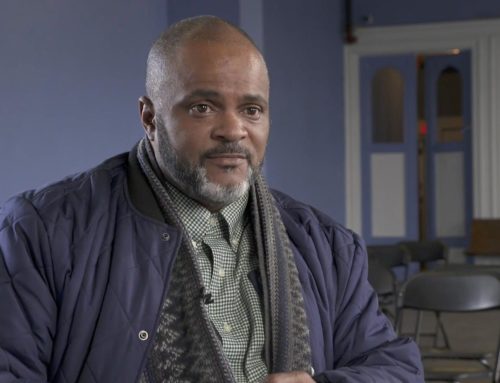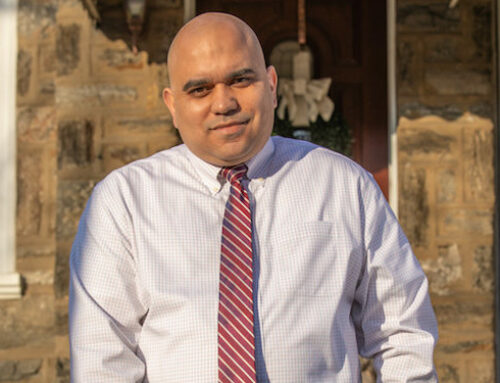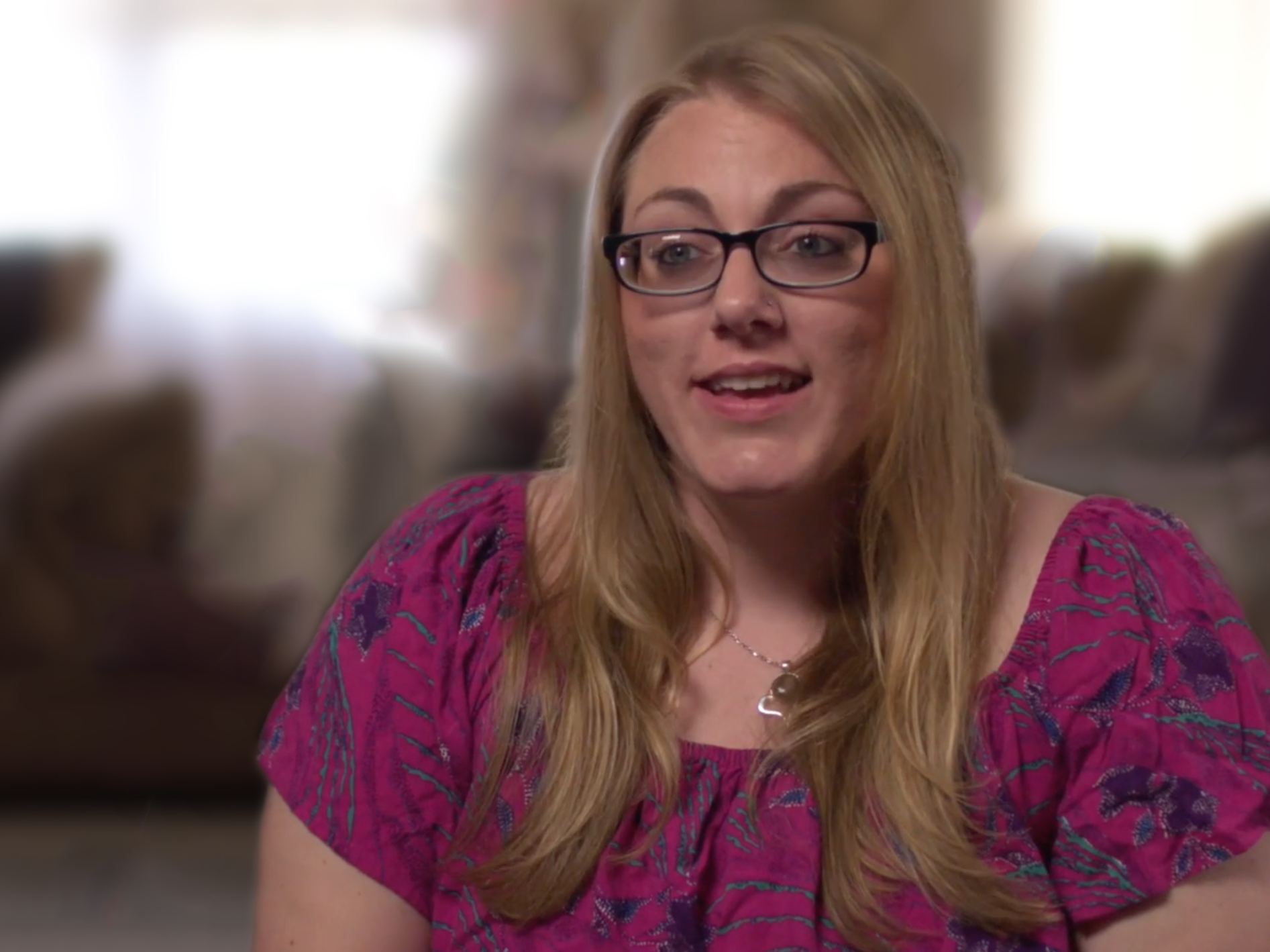
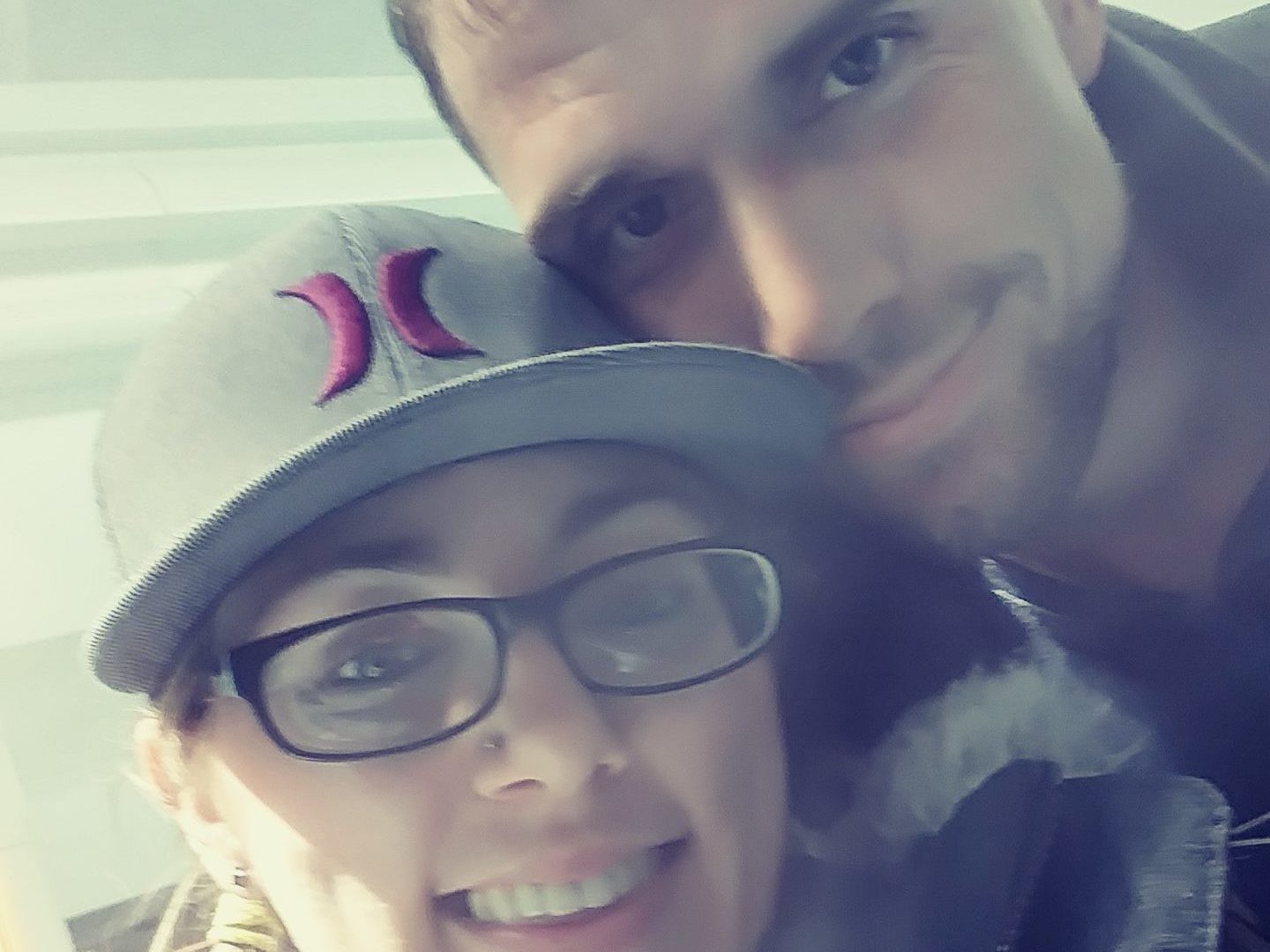
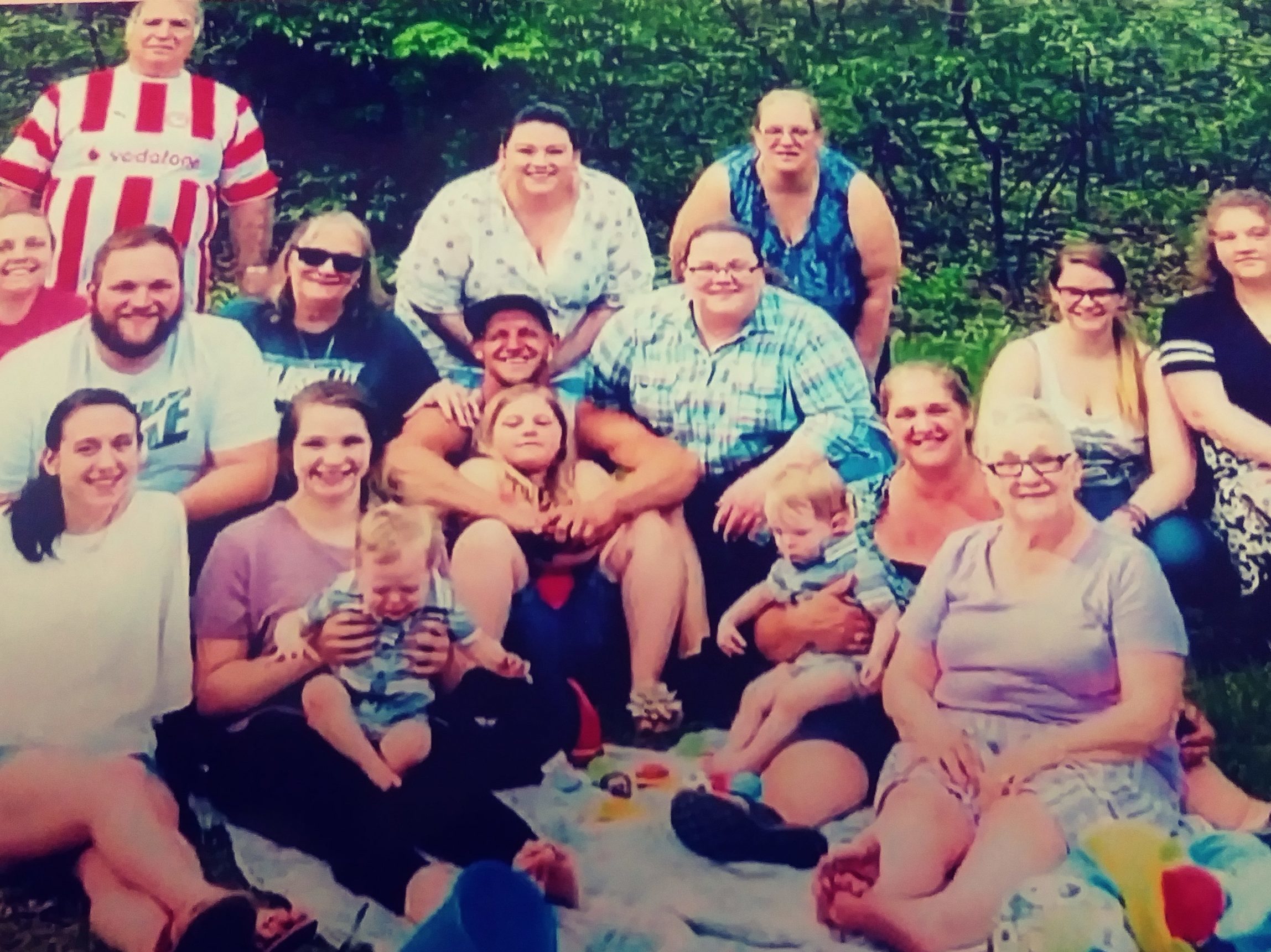
"I am honored to know that I defended the country with many of these women, and I am proud to know that there is hope – and with a good fight anything is possible."
I am from a little, quaint, yet notorious town called Bangor, Pennsylvania in the heart of the Slate Belt near the Pocono Mountains. I have lived in Bangor my entire life. That is pretty much the only place that I know as home. All my family lives here as well. I originally lived in the outer parts of Bangor, towards North Bangor, which is more county, located closer to the mountains and it’s all woods. Besides seeing my family, I was a loner for the most part of my childhood. I ran around the woods, did my own thing, and kind of was my own boss. We moved back into town when I was roughly 13, and I started utilizing substances around the same age.
I started with smoking marijuana with the neighborhood kids and then progressed into dipping and dapping with lines of cocaine. Once I was 17, I started smoking crack cocaine. The drug use made me feel untouchable, euphoric, and strong. I became more beautiful and capable of anything and felt a stability that made me feel like everyone around me was loyal. As a woman, it is often difficult to be all these things. At first, I felt it was more of a thing to do at parties, but it turned into something that was much more than just recreational use.
I graduated high school in 2004 from Bangor High School. After I graduated, I took a year off before I decided I needed to leave this town, so I joined the “World’s Finest,” United States Navy. In the Navy, there are many repercussions for substance use with a zero tolerance policy, so my substance use was at a halt. I felt like serving my country and defending the freedom for the U.S.A. was a lot more important than utilizing drugs. It was very easy for me to separate my drug use from my acts of commitment.
When I was in the Navy, I started out at boot camp in Great Lakes, Illinois. That was only about two months, but a very long two months. After boot camp, I trained at Lackland Air Force Base in San Antonio, Texas for my Master-at-Arms schooling, which is also known as Military Police in the other Armed Services. From there, I picked up my first duty station at Naval Base Guam 17,000 miles away from what I know as home. It was paradise. In the Navy, I experienced the world, its luxuries and cultures. It was beautiful. My last two years enlisted, I was stationed at Guantanamo Bay, Cuba as a Corrections Officer. That is something that I do not think I will ever forget. After my Guantanamo Bay experience, I felt I needed to discharge from the Navy and come home to my family.
I got out of the Navy in December 13, 2009 with an honorable discharge. By December 14, 2009, I was already abusing crack cocaine and methamphetamines. I thought by defending the country I could use drugs, and that I was entitled to do so. I had a nice run for about two years until I caught my first drug charge. The first time that I was ever arrested, I was under surveillance. I was in a grocery store parking lot high out of my mind. I was not aware of any of my boundaries, my surroundings, anything, and ended up selling drugs to a confidential informant in front of the state police. Shortly after, there was a warrant put out for my arrest, and that was the first time that I was ever incarcerated.
Having been a Corrections Officer in the United States Military, it was intense to be on the total opposite side of the spectrum. At one point, I was the one standing outside of the bars giving the orders, and then I was on the opposing side as the inmate. When I was first incarcerated in Northampton County Prison, a lot of the things reminded me of Guantanamo Bay. Little things like prayer lists for Ramadan really triggered me and put me right back to when I was walking the block at the grounds of Guantanamo Bay, Cuba. It was a mental warfare for me.
When I got out of jail after my first drug charge, they had offered me a 28-day rehabilitation program at the Wilkes-Barre VA Medical Center. When I got out of the program, I had about six months of sobriety, mostly only because of my time in prison. Once I left, I immediately started using again. I think being forced to not use substances made me want to use even more. My drug use got out of hand at that point. I took everything to the limit. I wanted to push myself; I would go months without sleeping. I do not even recall when I actually ate or even took naps. I honestly became mentally unstable during that period while using methamphetamines.
I violated probation for the first time and was sent back into Northampton County Prison for roughly four months. They offered me rehabilitation once again, where I went to another 28-day program. I think that had been one of my longest bouts of sobriety up until now. I probably had around seven, eight months. However, once I got out of the program, I instantly relapsed. I felt that every time I went to rehab, my drug counselors were not out for my best interest. They did not want to get to know me personally. It was almost as if they felt all drug addicts were the same and always would be – yet I feel like each person is an individual, whether we have a drug dependency or not. Essentially, it was very easy to say what counselors wanted you to say and to make them think you are really connecting with the program and wanting to make a significant difference in your quality of life.
As I continued relapsing, I was also violating my probation. I keep violating, and every time I violated, they kept incarcerating me. It’s a revolving door, in and out, back to rehab, get out, use again, go back to jail, go back to rehab, get out, go back to jail. I have spent so many holidays in the jail that I honestly do not remember the last time that I have spent one at home with my family. I was going in and out of rehabilitation, jail, relapse, and recovery for a good portion of almost six or seven years.
My drug pattern progressed over these seven years. I had started with crack cocaine and then I thought, “Wow, it was just way too expensive for me.” I wanted to get something a little stronger, something that lasted longer, so I started sniffing methamphetamines. This led to me ultimately wanting something stronger, and that is when I turned to heroin. The first time that I ever used heroin, I injected it. This was a very different rush for me. I started using heroin intravenously, and just after three, four days, I was hooked. I continued using and finding ways and means not to go into withdrawal. Many of the times, I ended up getting into patterns of dating men who were drug users and dealers. I always manipulated people into thinking that I loved them if they were able to give me drugs. With heroin, I feel like I became so consumed and wrapped up so quickly that I had no chance of escaping it.
Through my drug use, I completely cut off my family. I was ashamed to come home and to let them know. I constantly felt I had a job to do: using drugs was a 24/7, 365 job. I would wake up and sometimes be so disgusted knowing I had to go out and get my next fix. It was exhausting. Through this, my family wondered why I completely cut them off. I was still in the town of Bangor, literally only blocks away. I went from someone who utilized their family as their rock to someone who never even saw them at all. It took a toll on them since they were concerned for me. They did not know who I was because I did not even know who I was anymore.
Things changed for me about a year ago. I was arrested for heroin distribution and was thrown into the county jail once again. The military, the rehabs, and jails never changed me. However, I was so tired and I was so worn down, something had to change. As I sat in jail, I thought, “Alright, we’re going to give rehab a chance again.” I ended up doing a 90-day program down at Coatesville. Then I tried something different. I volunteered myself to stay in a Veteran’s Transitional Residence Sober house for an extended year after those 90 days to give my recovery a real good shot. I felt like, “My life is worth preserving and saving. I have a beautiful family that loves me, and it is worth salvaging. My future has to amount to something more.”
I was on Vivitrol for nine months. That had helped with cravings and urges. Then, I ended up getting an allergic reaction from it, so I had to stop getting my monthly injections. I was offered Suboxone and methadone, but I had no interest in doing that. I was over the need for a crutch. I just wanted to be normal, whatever normal may seem like to people. I am not a very big fan of Narcotics Anonymous or Alcoholics Anonymous. It is just not my thing. I work through SMART recovery. I think most importantly I just do not have the desire to use today, and I think that is what ultimately keeps me sober. I have a wonderful support group as well as the support of all my family. The VA has also really helped me find different coping skills for situations when I feel the desire to use.
Since I have been down at the VA at a veteran, all-female transitional residence sober house, I have been trying to keep my time fairly occupied. I wanted to take the reigns of my recovery. I wanted to step up to the plate, and there were opportunities available. There were a lot of volunteer opportunities available, and every time something would come up, I would sign up for it. I tried to keep myself busy. Then there was a position down at the Mary Walker House, where I am living for the time being, and I ended up taking a position for six months as a Resident Advisor. A lot of the women really looked up to me for that. Having a sense of purpose helps my drive to stay sober. Not only does it help me, but it also helps others. Ultimately it’s a circle of revolution.
Working with people in various stages of their recovery is different and unique. Opioids have a really big grasp on one’s intentions, one’s heart, and one’s goals. I have seen people come back through the program three or four times. Sometimes unfortunately, they leave, and a week later, we find out they are dead. That is the cold, harsh reality of this opioid epidemic we face everyday. I have also seen many things go well for people. I have sympathy and empathy for everyone, but it really is an individual journey. They really have to want it for themselves. They really have to find whatever that flame is inside of them that burns eternally for whatever reason that may be, and that differs for everyone.
My motivation for recovery is honestly my amazing family. They are my rock. I have a beautiful set of twin nephews, Noah Wayne and Owen John; my mother, Wendy, who is my best friend; my grandmother, Sharon; my grandfather, Mel; my cousin and best friend, Joshua; my cousin, Tori; my niece, Brianna; my little twin brother and sister, Nathaniel and Natasha; and my aunt, Lori. They are everything to me. We are stronger in numbers, and the blood that runs through these veins is thick. My family has been the best part of recovery for me. It’s an amazing feeling to know they are proud of me. Today I don’t ever feel like I have to lie or hide my face. I can just be me again. I have a very loving family, and thank God, they never turned their backs nor had to bury me. I am grateful for that. I see that happening way too often. I honestly have at least 50 friends or more that I know who have passed away from the opioid epidemic. My advice for someone actively using is to go find help. Save yourself before your family has to bury you, because you could be someone’s parent, sibling, daughter, and son. They want you alive. Your friends want to keep you alive. Your life is worth it to us, so please reach out. There is still time.
My next step in recovery is to continue staying sober. I cannot really do much unless I stay sober. I’d like to get involved in something, not exactly sure what quite yet. Like I said, NA and AA really are not my thing, but I feel like there has to be something out there that I can get involved in, something to be able to keep my sobriety strong even when I get out of the sober house. Just because everybody is involved in NA or AA does not necessarily mean that I have to take that same road. I feel like recovery is different for everybody and what works for some, may not work for others.
This is honestly the first time I have had hope. I want to get better to survive and struggle through the hurt and the pain that I have created for myself. I am redefining who I am. I want others to be able to re-identify with me. One struggle I face is stigma. As I am struggling to find out who I am, I still have to fight with the rest of the world to prove I am not the same person, and I feel like I will have to do this for the rest of my life. I should not have to defend my personality and I should not have to defend my history to people who do not even want to take this epidemic seriously. I have encountered this stigma in the criminal justice system, the VA hospitals, counselors, and rehabs. Some people think you are not going to be anything better or more than a drug addict. That’s not true. There is always hope, and I think if more people treated this like a medical disease, there would be empathy and less stigma toward people with substance use disorder.
This is why I am sharing my opioid story. The positivity that I feel from helping another woman, veteran, or addict is very fulfilling. It is amazing to be that person’s cheerleader rooting them on and to see people accomplish goals. The women at the Walker House are shining bright, and I am extremely proud of them. I am honored to know that I defended the country with many of these women, and I am proud to know that there is hope – and with a good fight anything is possible.
